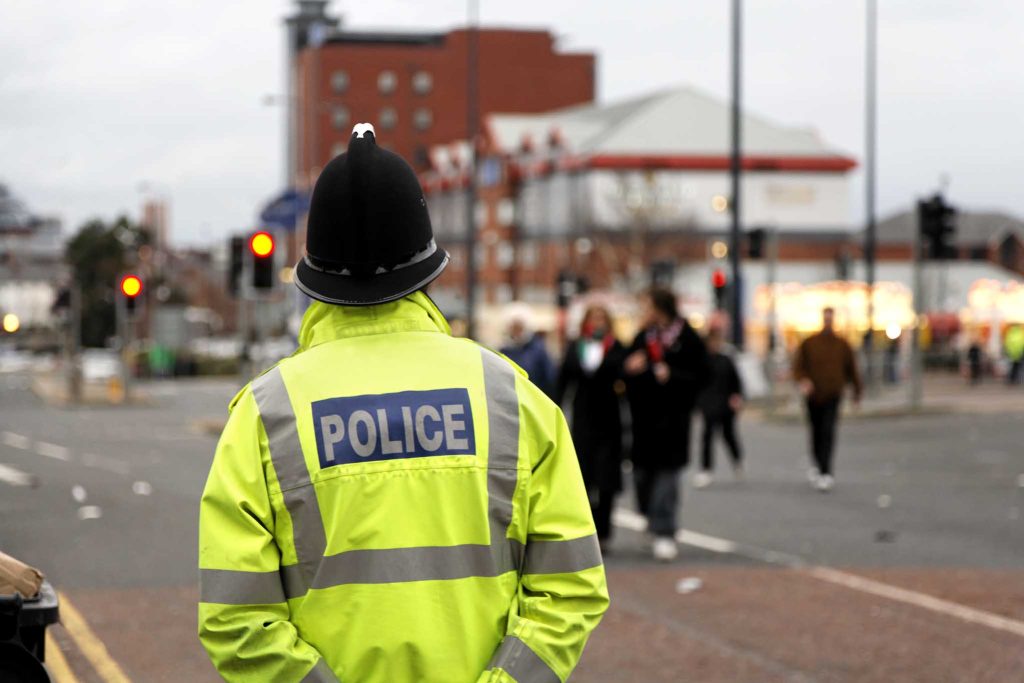“What are my rights around stop and search?”
The police can stop and search people to find out if someone has carried out a crime. You should not be approached by a police officer or police community support officer (PCSO) just because of your age, colour, hairstyle or the way you dress. If you’re stopped by the police it does not necessarily mean you are doing anything wrong.
Read – Suffolk Police stop and search frequently asked questions
Only a police officer can search you & before they do they must tell you:
- their name
- which police station they work at
- what made them suspicious in the first place
- the aim of the search
- what they expect to find
- If the officer is not in uniform he/she must show you their identity card
If you are searched, the officer must write down on a form:
- your name or your description
- why you were searched
- when and where you were searched
- what the officer was looking for and whether anything was found
- the name and number of the officer who searched you
The police do not have to make a record if they just stop you
If you are stopped the officers will ask you some simple questions such as your name, where you live and where you are going. Unless they are reporting you for a suspected crime, you don’t have to give them these details, but it makes sense to co-operate.
If you are innocent, you have nothing to fear. If you are being reported for an offence, you do have to provide these details and may be arrested if you refuse to give your details.
Police have video cameras on their person. You have the right to ask them to switch it on to directly record straight to the station.
You can also record the incident, but you should be aware that you shouldn’t interfere with what a police officer is doing. Opt to ask the police officer to record via their video on their person.
The police can usually only stop and search you in a public place. But if they suspect you have committed a serious crime, they can search you anywhere.
ISCRE offered advice on what to do if you should be stopped:
Remember the go wisely acronym:
Grounds for the search
Object the officer is searching for
Warrant, particularly if the officer is in plain clothes
Identification, proof that the officer is indeed a police officer
Station to which the officer is attached to
Entitlement, any citizen being searched by a police officer is entitled to copies of all paperwork
Legislation, the legal power which gives the officer the right to stop and search
You are being detained for the search or for the purpose of essentially informing the citizen in no uncertain terms the purpose and nature of the search
